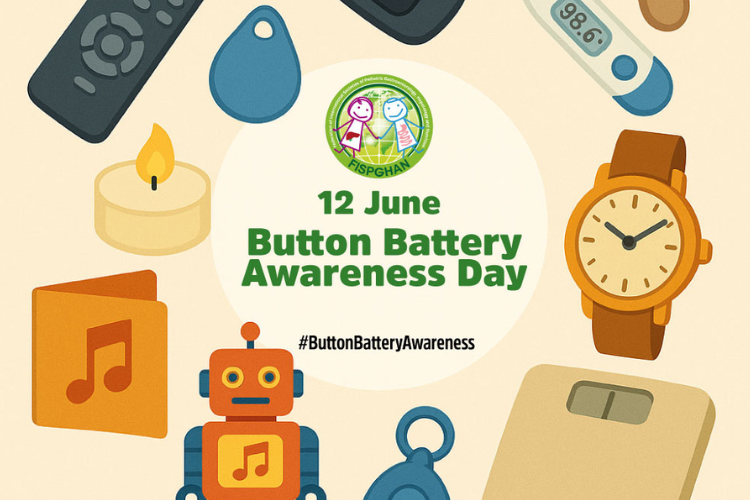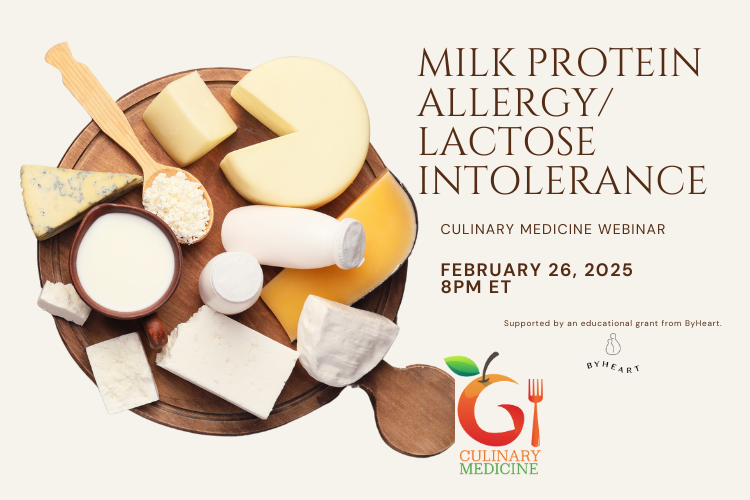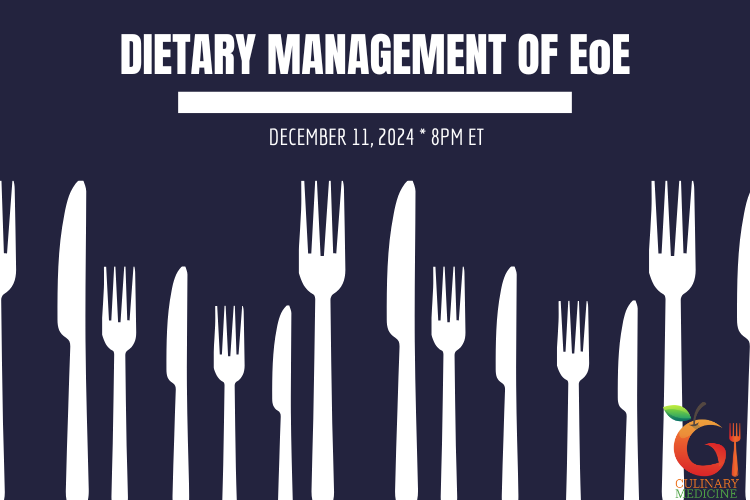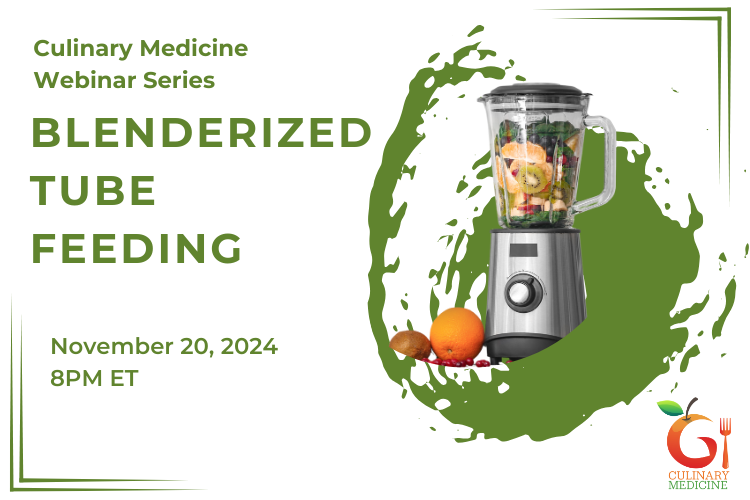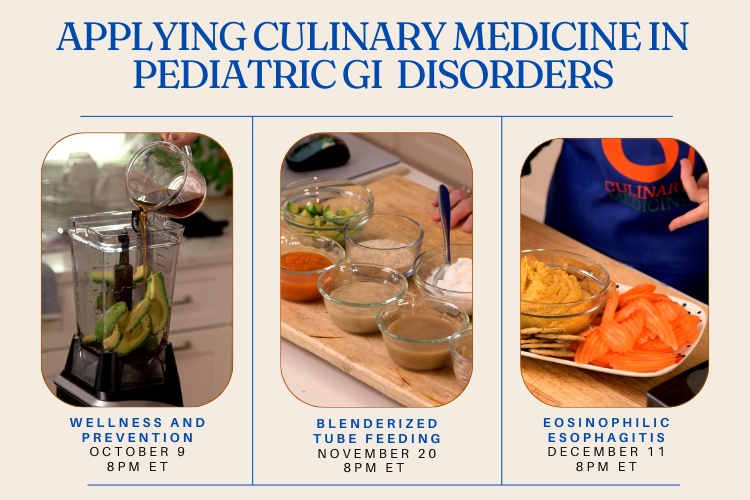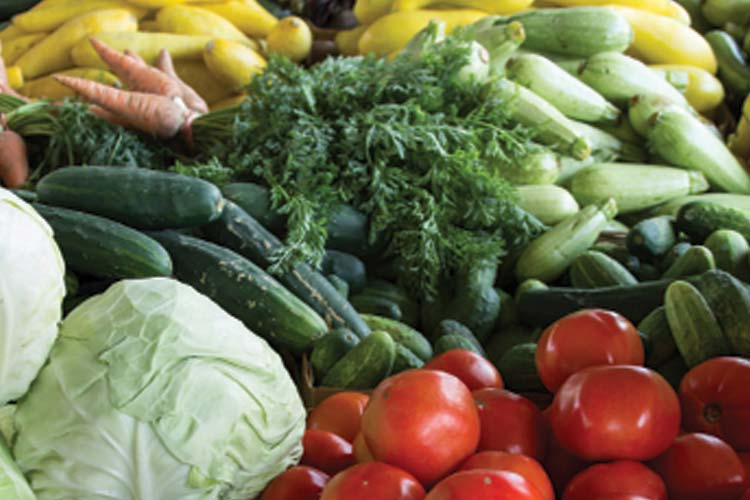Each year, more than 3,500 children suffer serious injuries from button battery ingestion around the world. As pediatric gastroenterologists, we know that these small batteries, found in everyday household items, can cause life-threatening damage within hours if swallowed. June 12 is International Button Battery Awareness Day – and NASPGHAN is joining FISPGHAN in spreading awareness
read moreNASPGHAN is proud to participate in the first official World EoE Day, a global awareness day dedicated to shining a light on Eosinophilic Esophagitis. We invite you to visit NASPGHAN’s YouTube site to view our two new EoE videos, Teen’s Story: Having Trouble Swallowing and My Child Chokes and Gags While They Eat.
read moreProgressive Muscle Relaxation, also called PMR, is a mind-body technique that teaches you to relax your body and autonomic nervous system by focusing on relaxing specific muscles. Learn more here.
read moreFebruary 26, 2025 * 8PM ET REGISTER TODAY The fourth webinar in the Culinary Medicine series will discuss a common problem in pediatric gastroenterology – milk protein allergy and lactose intolerance. The first segment of the live webinar will offer a medical presentation that will define and discuss the differences in diagnoses, followed by a
read moreDecember 11, 2004 8PM ET REGISTER HERE Blending the art of food and cooking with the science of medicine, we’re excited to bring you interactive educational webinars that highlight the importance of food and diet within a patient’s health plan, and how to use culinary medicine tailored to specific GI diseases and symptoms. The third
read moreBlenderized Tube Feeding November 20, 2024 8PM ET Blending the art of food and cooking with the science of medicine, this new NASPGHAN webinar series brings you live interactive educational webinars that highlight the importance of food and diet within a patient’s health plan, and how to use culinary medicine tailored to specific GI diseases
read moreApplying Culinary Medicine in Pediatric GI Disorders Blending the art of food and cooking with the science of medicine, this new NASPGHAN webinar series brings you live interactive educational webinars that highlight the importance of food and diet within a patient’s health plan, and how to use culinary medicine tailored to specific GI diseases and
read morePrimary sclerosing cholangitis (PSC) is a disease that mainly affects the ducts that drain bile from the liver to the intestines (called the biliary tree). In PSC, these bile ducts are inflamed and narrow, preventing bile from flowing out of the liver. This can damage the bile ducts and the liver due to buildup of
read moreWhat is ARFID? ARFID is a mental health diagnosis that stands for Avoidant/Restrictive Food Intake Disorder. People who have ARFID don’t eat enough food or enough different kinds of food to keep their body healthy and growing. ARFID is different than picky eating because it is more intense and usually lasts longer. People with ARFID
read moreBlending the art of food and cooking with the science of medicine, this new NASPGHAN webinar series brings you live interactive educational webinars that highlight the importance of food and diet within a patient’s health plan, and how to use culinary medicine tailored to specific GI diseases and symptoms. Each session will feature speakers comprised
read more